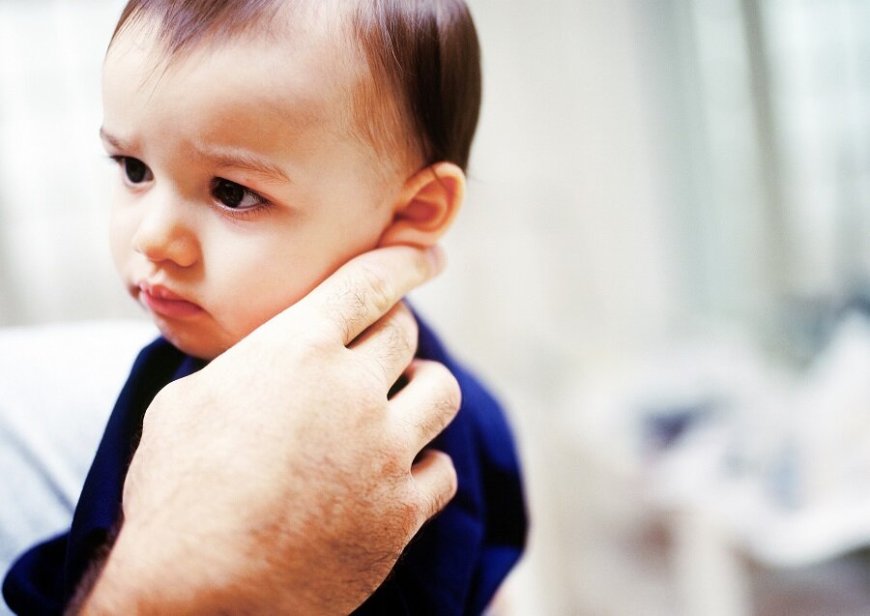Early signs of autism
Autism spectrum disorder (ASD) is a developmental disorder that affects communication, social interaction, and behavior.

Autism spectrum disorder (ASD) is a developmental disorder that affects communication, social interaction, and behavior. While the exact cause of ASD is unknown, it is believed to be a combination of genetic and environmental factors. One of the key challenges with ASD is that symptoms may not become apparent until later in childhood. However, there are early signs of autism that parents and caregivers can look out for in order to get an early diagnosis and start intervention as soon as possible.
The following are some of the most common early signs of autism in children:
- Lack of eye contact: Infants and toddlers with autism may avoid eye contact or have difficulty maintaining eye contact with others. This may be due to difficulty with social interaction or communication.
- Delayed speech and language development: Children with autism may have delayed speech and language development, or they may not develop speech at all. They may also have difficulty understanding and using language.
- Repetitive behaviors: Children with autism may engage in repetitive behaviors, such as rocking back and forth or flapping their hands. They may also have difficulty with changes in routine or transitions between activities.
- Difficulty with social interaction: Children with autism may have difficulty with social interaction, such as not responding to their name or not showing interest in playing with others.
- Sensory issues: Children with autism may have sensory issues, such as being sensitive to loud noises or certain textures. They may also seek out sensory stimulation, such as spinning or touching objects.
- Lack of pretend play: Children with autism may have difficulty with imaginative play or pretending. They may also have difficulty understanding the emotions of others.
- Unusual interests: Children with autism may have intense interests in certain objects or topics, and may focus on them to the exclusion of other activities.
It is important to note that not all children with autism will exhibit all of these early signs, and some children without autism may exhibit some of these behaviors as well. However, if a child exhibits several of these early signs of autism, it may be worth consulting with a healthcare professional for further evaluation.
Early diagnosis and intervention are key when it comes to ASD, as research has shown that starting treatment early can lead to better outcomes and improved quality of life for individuals with ASD. Parents and caregivers who are concerned about their child's development should speak with a healthcare professional as soon as possible.
In addition, it is important for parents and caregivers to be aware of the importance of early intervention services, such as speech therapy and occupational therapy, for children with autism. These services can help children with autism to develop communication and social skills, manage behavior and sensory issues, and improve their overall quality of life.
In conclusion, while the early signs of autism may be subtle, they are important to recognize in order to ensure that children with autism receive the support and intervention they need. Parents and caregivers who have concerns about their child's development should speak with a healthcare professional for further evaluation and guidance. With early intervention and support, children with autism can reach their full potential and lead happy, fulfilling lives.
